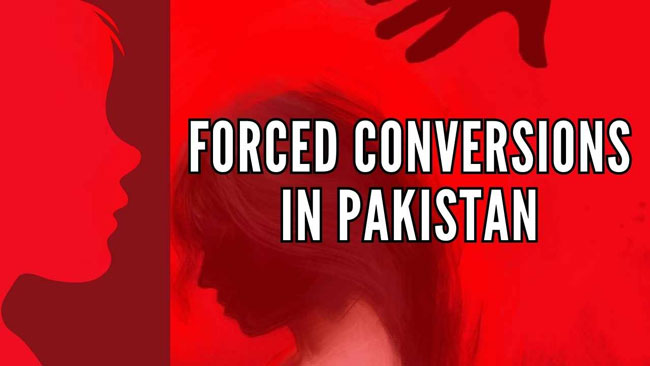As Pakistan celebrates its 78th Independence Day today, it does so in stark contrast to the neighboring nation of India, which will celebrate its own Independence Day on August 15th. The two countries, born out of the painful partition of 1947, have evolved into distinct entities—India with a Hindu majority and Pakistan with a Muslim majority. At the time of partition, more than 20% of Pakistan’s population was Hindu. However, decades of religious conversion and persecution have drastically reduced this number, leaving the Hindu community in Pakistan marginalized and shrinking.
India and Pakistan both emerged from the yoke of British colonial rule in 1947, but the partition left a deep and lasting scar on the subcontinent. While large numbers of Hindus and Muslims chose to remain in their respective new nations, Pakistan witnessed a rapid decline in its Hindu population due to forced conversions, systemic discrimination, and widespread violence. By the time of the 1998 census, Hindus made up just 1.6% of Pakistan’s population. Experts believe that in the two decades since, this figure has dwindled even further, leaving the Hindu community in Pakistan at a precarious crossroads.
The Sindh province, once known for its religious diversity, has particularly seen a dramatic shift. Where multiple faiths once coexisted, today, the province has seen a significant rise in forced conversions. As a result, many members of the minority Hindu community have either fled the country or succumbed to conversion in the face of relentless pressure. Discrimination against Hindus in Pakistan is pervasive, with the community facing prejudice in various aspects of life, including within governmental institutions. Violent incidents targeting Hindus have also contributed to the decline in their population.
Farahnaz Ispahani, a former Pakistani parliamentarian and currently a senior fellow at the Religious Freedom Institute in Washington, highlighted the inhumane treatment of minorities in Pakistan. She pointed out that many Hindus have converted to Islam, not out of genuine belief, but as a means of survival, to escape violence, economic hardships, or even starvation. Ispahani recalled the devastating floods of 2010 in Sindh, which left thousands homeless and without food. Even in that desperate time, Hindus were not allowed to sit alongside Muslims in soup kitchens, and when the Pakistani government provided aid, Hindus received less assistance compared to their Muslim counterparts.
Ispahani questioned the sincerity of these forced conversions, stating, “I don’t think they (Hindus) convert with their whole heart and mind. I don’t believe that.” Across Pakistan, numerous cases have surfaced where Hindu girls have been kidnapped, forcibly married, and converted to Islam. Additionally, many impoverished Hindu families, crippled by economic difficulties, have found themselves with no choice but to convert to Islam in order to survive.
The diminishing Hindu population in Pakistan is a tragic reflection of the country’s growing intolerance towards religious minorities. As the world marks another year since the partition, the plight of Hindus in Pakistan serves as a stark reminder of the ongoing struggles for religious freedom and human rights in the region.




